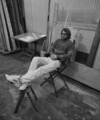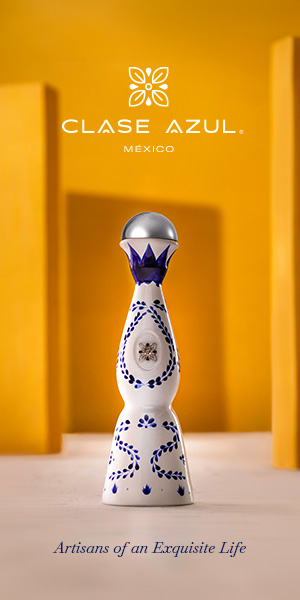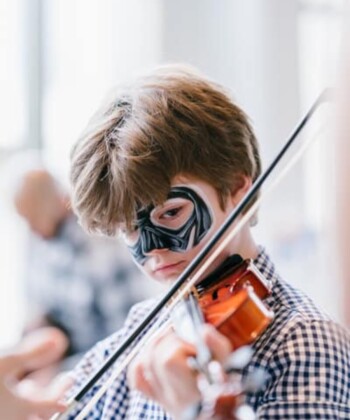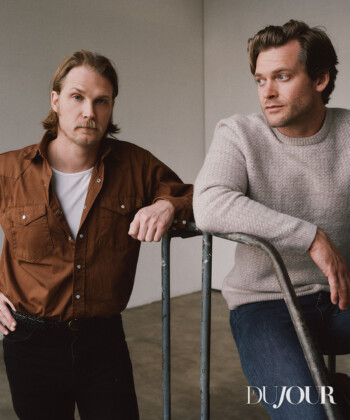No one’s ever at a loss for reasons why New York is one of the most gratifying places for a musician to live, but the actual working part—well, for pretty much all varieties of artists—can be a bit trickier.
“To find a space where you can be loud all of the time in New York is very, very hard,” says Patrick Wimberly, one half of the fast-ascending indie pop duo Chairlift.
And yet, New York—and specifically Brooklyn—is very much home to Wimberly and Caroline Polachek, as evidenced by their third LP out today, Moth. “Lyrically speaking, New York is not really the subject,” Polachek says. “It’s the backdrop. But in past records we had more of a psychedelic thing, and this time around we wanted it to feel more personal—very grounded, and very direct. We wanted the vocals to be clearer and less affected than ever before. We wanted to give our frame of mind in the city a very real life in our lyrics, and we wanted the production to really hit the body in a visceral way.”

Chairlift
Moth accomplishes all of these things, and is by far Chairlift’s most evolved album to date, with a marbled synth-pop polish that gets its smoothness from the friction of much rougher stones ground together. There’s a Grimes-like gravel in the layers and a jubilant vocal strength that recalls Haim. But best of all, they aren’t lingering too long in the ether; they’re not afraid of letting a good beat carry a song into mass appeal territory, as made clear by last year’s single, “Ch-Ching.”
But all of this had to incubate somewhere, and Polacheck and Wimberly wanted to create a studio space unique to them. They looked for a while, and then had a stroke of luck in 2008 when a pharmaceutical company was sold in Brooklyn off Flushing Avenue, and the building’s owners were desperate to lease the space.
“It’s the size of a pretty large hospital—the building is so big,” says Wimberly. “Just getting to our studio from the door where you come into the building, it’s like a 15-minute walk, and we’re the only people on our floor. So it gives you a sense of isolation.”
They chose a space in the building they think used to house the HR department, and ripped out all the cubicles and installed acoustic panels. They brought in a color printer for decorative purposes, and a TV with a DVD player to play Looney Tunes on mute for their dog, and also a lot of the bizarre 1974 Sean Connery film Zardoz, which sees him taking on a future sci-fi Earth in a red bikini-like contraption. “It put everyone in a good mood,” Polacheck says, “and the colors are beautiful. At a certain point the familiarity of it actually prevented it from being distracting.”
While very partial to their studio (“It’s 100% the most outstanding studio in New York,” says Wilmberly, and they are currently making it available to other musicians as well), the Chairlift duo had a pretty thrilling experience at another studio across town not long before starting work on Moth.
“Patrick and I did a handful of sessions at Beyoncé’s studio, which really set the tone for the record we were about to make for ourselves,” Polacheck says. “It was so exciting.” After Wimberly had done some production for Solange Knowles, Beyoncé asked them to collaborate on her song “No Angel,” from her recent self-titled album.
“They’d booked many, many small studios at a much larger studio compound, and in every room there was someone working on something,” Polachek recalls. “It almost felt like finals week on a college campus—all you wanted to do is run over and see what the person next door is working on. You’re meeting people in the hallways, and it just has this really exciting energy that everyone is working on something that’s sort of unknown, and bringing themselves into it.”
Wimberly and Polacheck know this is what keeps people making music about this city, that just about anything can happen—bad things just as often as good ones, as their song “Crying in Public” reminds us—but sometimes, the surreal becomes real.







































